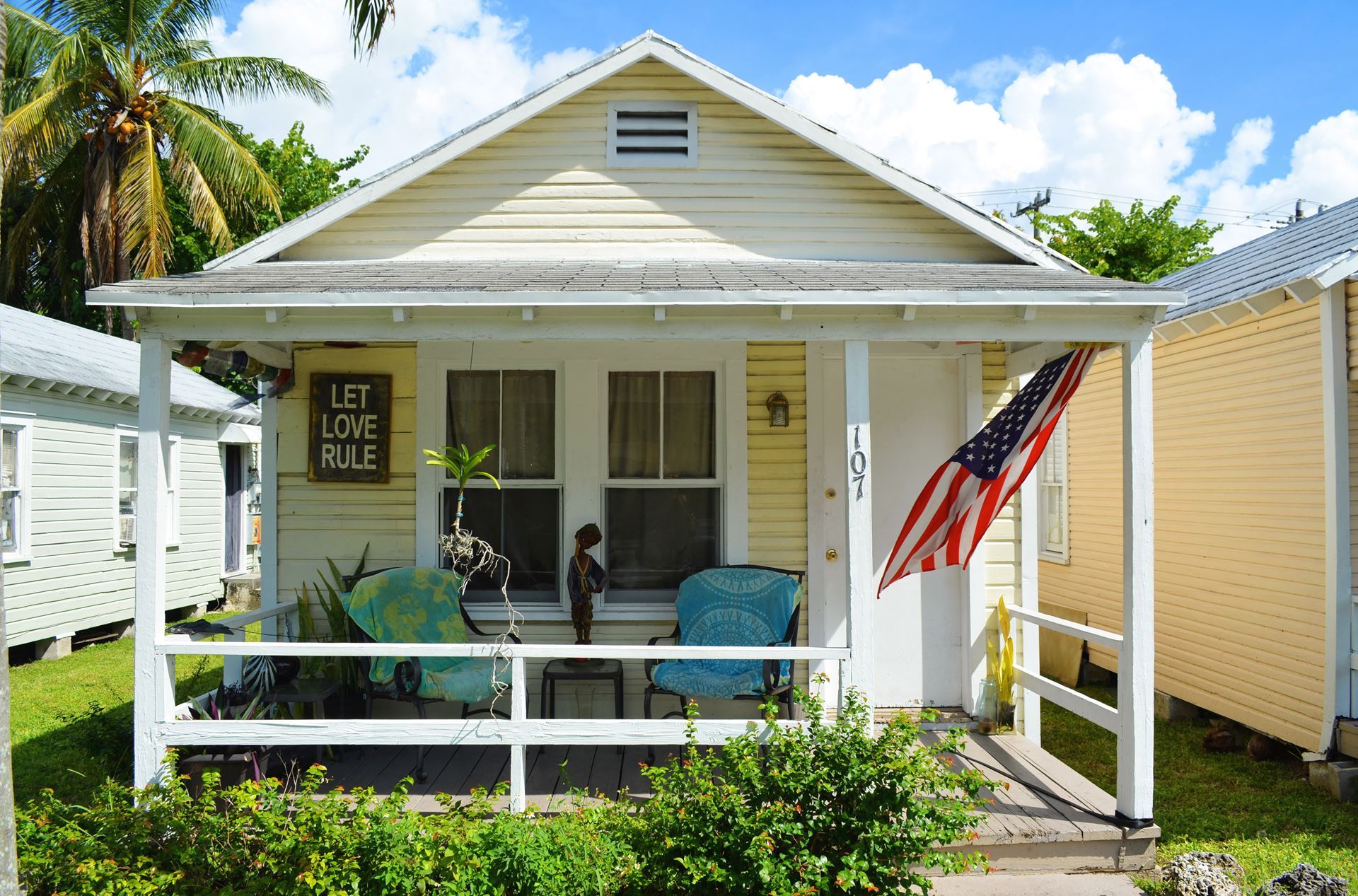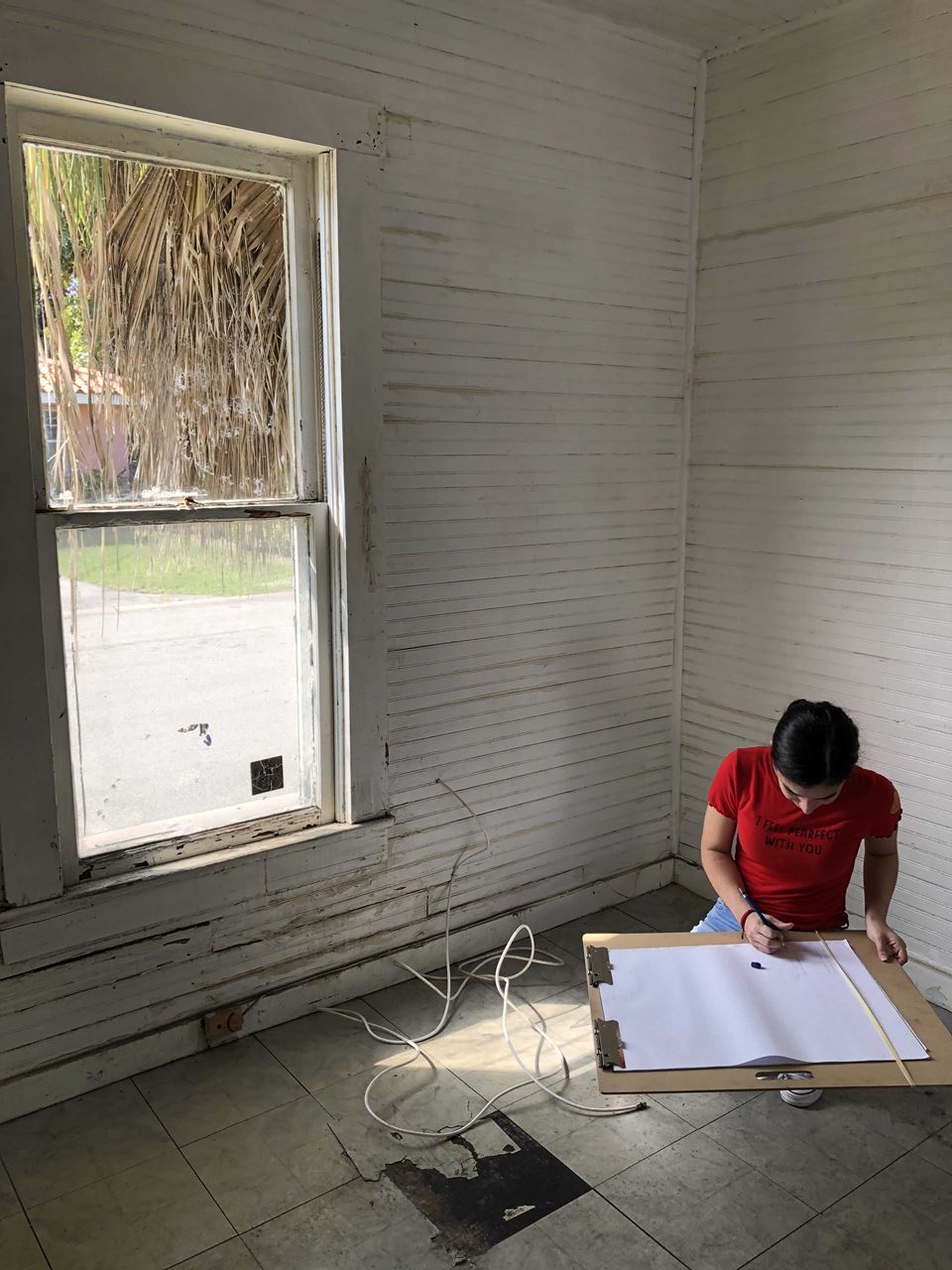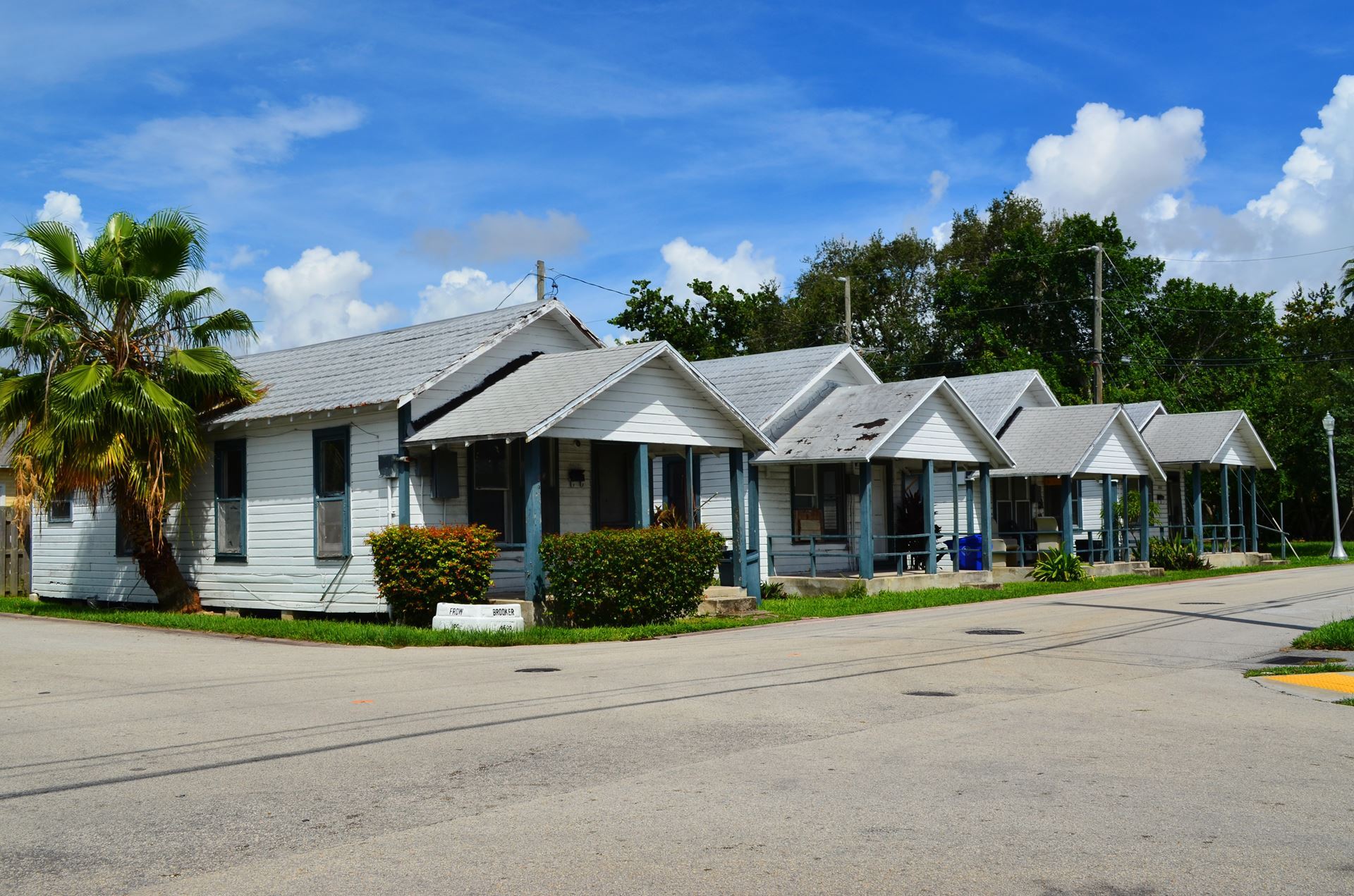by Jose R.Vasquez, Orlando V. Ridout Fellowship Awardee 2018
 The Miami Fieldwork Project funded by an Orlando Ridout V Fieldwork Fellowship facilitated reflective and hands-on learning opportunities related to the study and documentation of Miami’s vernacular. According to cultural historian Robert Z. Melnik "there are many truths in any landscape.”[1] This statement succinctly conveys the objectives of my project to find some those “truths” on the layered places that comprise Metropolitan Miami. During the project’s duration issues related to architectural heritage, memory, economic mobility, and immigration contextualized classroom discussions among students and provided an enriching intellectual background for the fieldwork project.
The Miami Fieldwork Project funded by an Orlando Ridout V Fieldwork Fellowship facilitated reflective and hands-on learning opportunities related to the study and documentation of Miami’s vernacular. According to cultural historian Robert Z. Melnik "there are many truths in any landscape.”[1] This statement succinctly conveys the objectives of my project to find some those “truths” on the layered places that comprise Metropolitan Miami. During the project’s duration issues related to architectural heritage, memory, economic mobility, and immigration contextualized classroom discussions among students and provided an enriching intellectual background for the fieldwork project.  These conversations deepened as we engaged community members and continued throughout the year as students worked on research assignments and the production of survey drawings. The project acquired a definitive cross-disciplinary and collaborative aspect by involving students from other courses I was teaching such as architecture design and history of architecture. The students’ enthusiasm was evident as the experience transformed our traditional classroom learning format. We visited communities such as Little Haiti and Coconut Grove, the latter one of South Florida’s earliest settlements established by Bahamians immigrants, to get acquainted with their history and current issues affecting historic preservation and cultural heritage. I counted with the assistance of Dade Heritage Trust, the leading preservation organization in Miami Dade county and the Greater St. Paul A.M.E. church. The congregation owns several properties, among them several historic “shotguns”, in a neighborhood known as “Village West” in Coconut Grove. Although shotguns were amongst the most common residential typologies throughout Miami’s African American neighborhoods, some of the best preserved are found in this community.
These conversations deepened as we engaged community members and continued throughout the year as students worked on research assignments and the production of survey drawings. The project acquired a definitive cross-disciplinary and collaborative aspect by involving students from other courses I was teaching such as architecture design and history of architecture. The students’ enthusiasm was evident as the experience transformed our traditional classroom learning format. We visited communities such as Little Haiti and Coconut Grove, the latter one of South Florida’s earliest settlements established by Bahamians immigrants, to get acquainted with their history and current issues affecting historic preservation and cultural heritage. I counted with the assistance of Dade Heritage Trust, the leading preservation organization in Miami Dade county and the Greater St. Paul A.M.E. church. The congregation owns several properties, among them several historic “shotguns”, in a neighborhood known as “Village West” in Coconut Grove. Although shotguns were amongst the most common residential typologies throughout Miami’s African American neighborhoods, some of the best preserved are found in this community.
 The Miami Vernacular Project features an online platform which will disseminate the project results, including the publication of drawings and other resources related to Miami’s vernacular architecture. It will operate as a digital archive to accommodate future research and documentation fieldwork projects. As an educator my overarching interest has been to nurture a new generation of activists to work on the preservation of our heritage. The VAF has encouraged me to continue researching the architectural history of marginalized communities in Miami and propelled me to redesign my curriculum to facilitate new understandings regarding our history and identity. Fieldwork assignments are ideal examples of action-based learning projects that are becoming increasingly relevant in American education. It has been a privilege to honor the memory and lifework of an outstanding educator, gifted scholar, and passionate historic preservation advocate.
The Miami Vernacular Project features an online platform which will disseminate the project results, including the publication of drawings and other resources related to Miami’s vernacular architecture. It will operate as a digital archive to accommodate future research and documentation fieldwork projects. As an educator my overarching interest has been to nurture a new generation of activists to work on the preservation of our heritage. The VAF has encouraged me to continue researching the architectural history of marginalized communities in Miami and propelled me to redesign my curriculum to facilitate new understandings regarding our history and identity. Fieldwork assignments are ideal examples of action-based learning projects that are becoming increasingly relevant in American education. It has been a privilege to honor the memory and lifework of an outstanding educator, gifted scholar, and passionate historic preservation advocate.
1. Melnick “Are We There Yet? Travels and Tribulations in the Cultural Landscape’ Cultural Landscapes: Balancing Nature and Heritage in Preservation Practice. 197